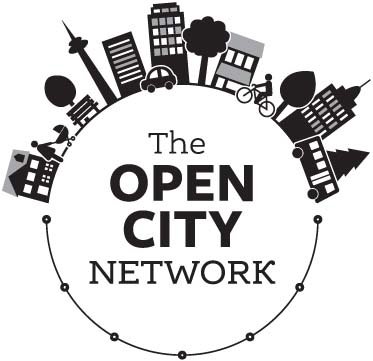About us

The 21st century is an urban century, with most humans living in urban areas. Our concept of Open Cities relates to the widest diversity of people, institutions, and other entities participating in the ecosystem of the more-than-human city, entangled with the land and water surrounding it. Open Cities are living cities around the world, including the Global South, constituted by living bodies, embodied actions, and relational experiences, and shaped by formal and informal frameworks, structures, and institutions. Through knowledge exchange, and collaborative activities with institutional and community-based stakeholders, the Network explores various dimensions of openness — inclusive, transparent, safe, free, equal, healthy, sustainable, and nurturing — when it comes to urban and public spaces.
The Open Cities Network provides a platform for scholars, students and societal partners to critically reflect on ways that cities are transformed in the midst of various challenges. An interdisciplinary and transdisciplinary platform, the Network includes scholars from different disciplines such as human and development geography, planning, cultural anthropology, media and cultural studies, and history. Research, teaching, and public engagement are developed in close relation with various social actors, civil society organizations, grassroots initiatives, urban social movements, and public and private institutions. By facilitating diverse modes of collaboration between scholars and societal actors, we are co-developing and sharing knowledge on the challenges and opportunities of shaping cities where no one is marginalized, persecuted, or excluded.

